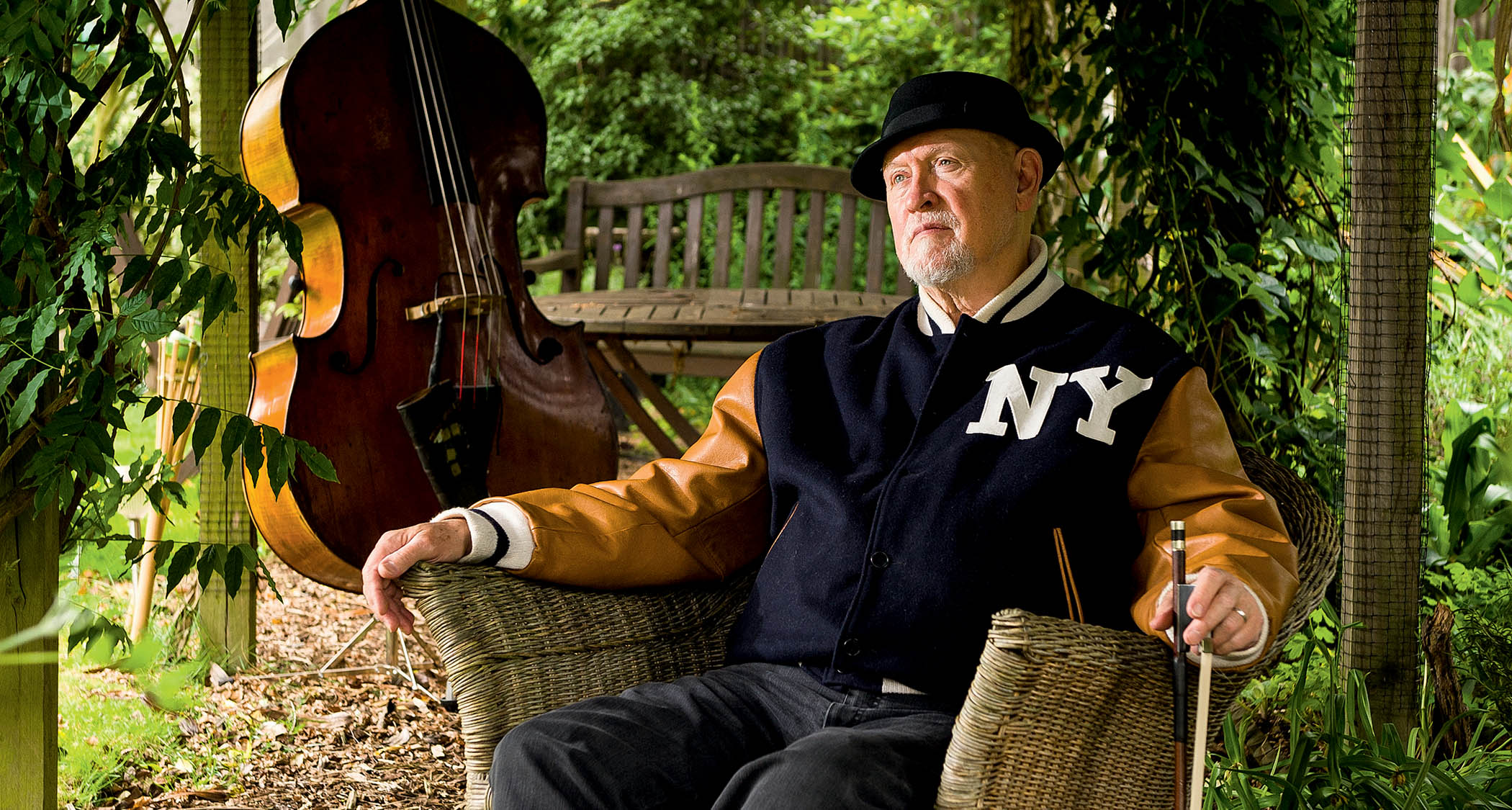“Some of the greatest sounds were created on junk!” Joe Bonamassa reveals the secret to getting great tones from affordable gear
The blues maestro is one of the world's highest-profile vintage guitar collectors, but he maintains that killer tone can be found in the cheapest gear

Back in March, online marketplace Reverb uploaded a video of Joe at his Los Angeles home, commonly referred to as ‘Nerdville West’, recalling the famous sounds of Jimi Hendrix on his seminal 1970 Band Of Gypsys live album.
But there was a twist – as well as playing through the same period-correct vintage gear Hendrix himself would have been using, Bonamassa was also tasked with recreating the same sounds using modern products that were very much readily available and affordable, at almost 70 times less in cost. Unsurprisingly, the guitar legend was able to dispel a few myths in the process…
“If Lewis Hamilton gave me the keys to his race car and I gave him the keys to a Toyota Prius, he would still beat me around the track,” Joe smiles.
“It’s not the car, it’s the driver. You don’t need $100k worth of perfectly preserved, mint-condition, ultra-rare Hendrix kit to sound like Jimi. You can get it out of a Squier Strat, a Peavey Classic and a bunch of Dunlop pedals, as long as you play in the spirit of Jimi Hendrix.
“It’s the same thing with a Les Paul. If you do it blindfolded, with a brand-new Marshall and an Epiphone, and you dial it in right, it can sound like a sunburst Les Paul through a vintage Bluesbreaker. Great tones are much cheaper than people realise. I spoke to Reverb about the whole concept, and it was to demystify the notion that you need a Dumble and a Klon or whatever.
“You don’t need anything. You need to practice and focus in on how you really want to sound. Some of the greatest sounds were created on junk! Or at least cheaper gear.”
As he goes on to explain, it’s a common misconception that everyone’s favourite ’70s rock albums were created using Les Pauls from the late ’50s. Musicians back then were more than happy to use gear that was in production at that same point in time…
All the latest guitar news, interviews, lessons, reviews, deals and more, direct to your inbox!
“Most of your favourite rock ’n’ roll sounds from the ’70s were created on the Les Paul Customs that were modern for back then,” he notes. “Or even late-’60s models. But not ’bursts, because not many people had one.
“Watch videos of The Old Grey Whistle Test and they were playing ’72 Customs through ’72 Marshalls and it sounded like God! The cool thing about late-’60s Customs is that they were the first of that lot. The ’50s ones were all-mahogany, but from 1968 onwards, they had maple tops which gave them a very specific sound.”
- Black Country Communion's new album, V is out now via Ingrooves.
Amit has been writing for titles like Total Guitar, MusicRadar and Guitar World for over a decade and counts Richie Kotzen, Guthrie Govan and Jeff Beck among his primary influences as a guitar player. He's worked for magazines like Kerrang!, Metal Hammer, Classic Rock, Prog, Record Collector, Planet Rock, Rhythm and Bass Player, as well as newspapers like Metro and The Independent, interviewing everyone from Ozzy Osbourne and Lemmy to Slash and Jimmy Page, and once even traded solos with a member of Slayer on a track released internationally. As a session guitarist, he's played alongside members of Judas Priest and Uriah Heep in London ensemble Metalworks, as well as handled lead guitars for legends like Glen Matlock (Sex Pistols, The Faces) and Stu Hamm (Steve Vai, Joe Satriani, G3).


